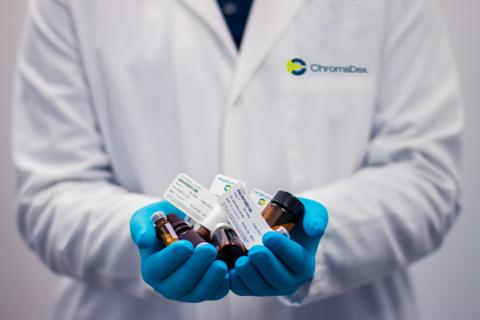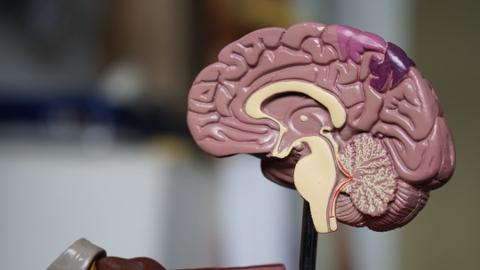Lung Genomics
Mission and Strategy
An innovative research initiative that will have real effects on patient care
The LGRC (Lung Genomics Research Consortium) is a group of top scientists from five U.S. institutions, whose mission is to transform our understanding of chronic lung diseases such as chronic obstructive pulmonary disease (COPD) and interstitial lung disease (ILD) by using the advanced genomic technologies that have emerged from the Human Genome Project.
Intuitive
We create easy-to-use products.
Adaptable
We build modular solutions.
Durable
We craft long-lasting goods.
Project Background
The future of lung disease research is here today
Lung disease is a significant worldwide health problem. In the United States alone, chronic obstructive pulmonary disease (COPD) is the fourth leading cause of death, and interstitial lung disease, or ILD, kills approximately 400,000 Americans every year. With few effective treatment options available to sufferers, our nation desperately needs better ways to diagnose and treat these and other chronic lung diseases.
Thanks to technological advances made in molecular biology and genetics, scientists can now investigate the genetic basis for many human diseases, including lung disease, by examining the entirety of the DNA found in each of the body’s cells—what we call the human genome. The scale on which this genomic data is being generated is vast. Understanding what it’s telling us about disease is critical and requires expertise in data collection, management, analysis, and interpretation.
Why the LGRC?
The LGRC (Lung Genomics Research Consortium) was formed to apply these skills and other expertise, along with the latest genomic technologies, toward advancing lung disease research. The LGRC represents a large, interdisciplinary team of scientists, each recognized as a leader in his or her field. Their complementary skills afford the LGRC team as a whole a unique synergy that is promoting scientific discovery on a level unachievable by a single researcher.
Our research includes both the study of gene mutations that might predispose people to developing lung disease and the search for changes in the structure of DNA that might improperly activate genes and thus also lead to disease. Most important, perhaps, is our focus on integrating different types of data in ways that can provide us with a better idea of what goes wrong in lung cells to cause diseases like COPD and ILD, including pulmonary fibrosis, a deadly form of ILD that kills tens of thousands of Americans annually and whose incidence is rising. The catalog of information we're building will empower scientists to make tremendous gains in the prediction, diagnosis, and treatment of lung disease.
We are not working alone
In addition to our roster of eminent scientists, we are fortunate to be part of the National Heart, Lung, and Blood Institute’s broader efforts in combating lung disease and to benefit from our partnerships with both the Lung Tissue Research Consortium (LTRC) and the patients who have consented to provide the LTRC with lung tissue samples and associated clinical data.
Our project goals
The LGRC is applying these new technologies in ways that will help us learn more about these devastating lung diseases, with a focus on determining why certain people are more susceptible than others to illness and how to better treat those who are affected. To develop this personalized approach to medicine, we are asking ourselves: What is in a person’s DNA that predisposes him or her to lung disease? How can we provide earlier diagnoses? How can we develop better treatments that are tailored to each individual?
To help the research community answer these and other questions, the LGRC is:
• generating a rich resource of genetic and genomic data about lung disease;
• building a database to catalog the information; and
• sharing the database with the scientific community through an easy-to-use website.
Feel free to come up with your big idea.
We take c
Funding the LGRC
A commitment to our nation to advance lung disease research
The LGRC was established through an $11 million grant from the National Heart, Lung, and Blood Institute (NHLBI), which is funding the first two years of the project. This generous award is provided through funds appropriated for the National Institutes of Health Recovery Act as part of the American Recovery and Reinvestment Act (ARRA)—the “stimulus bill” enacted by Congress in 2009. LGRC funds are being used to hire and train new scientists in the growing field of genomic medicine, support existing research staff, and purchase the sophisticated equipment and supplies necessary to run the project—all of which are tangible outcomes that will benefit both individuals and the nation for years to come.
The LGRC project is an investment in our future. The award that is making it possible represents a commitment on behalf of the federal government to advance lung disease research and to ultimately improve lung health for all Americans. Together with the NHLBI as our partner, we can change the course of lung disease research and treatment.
are of the rest.
Our References
We are in good company.














